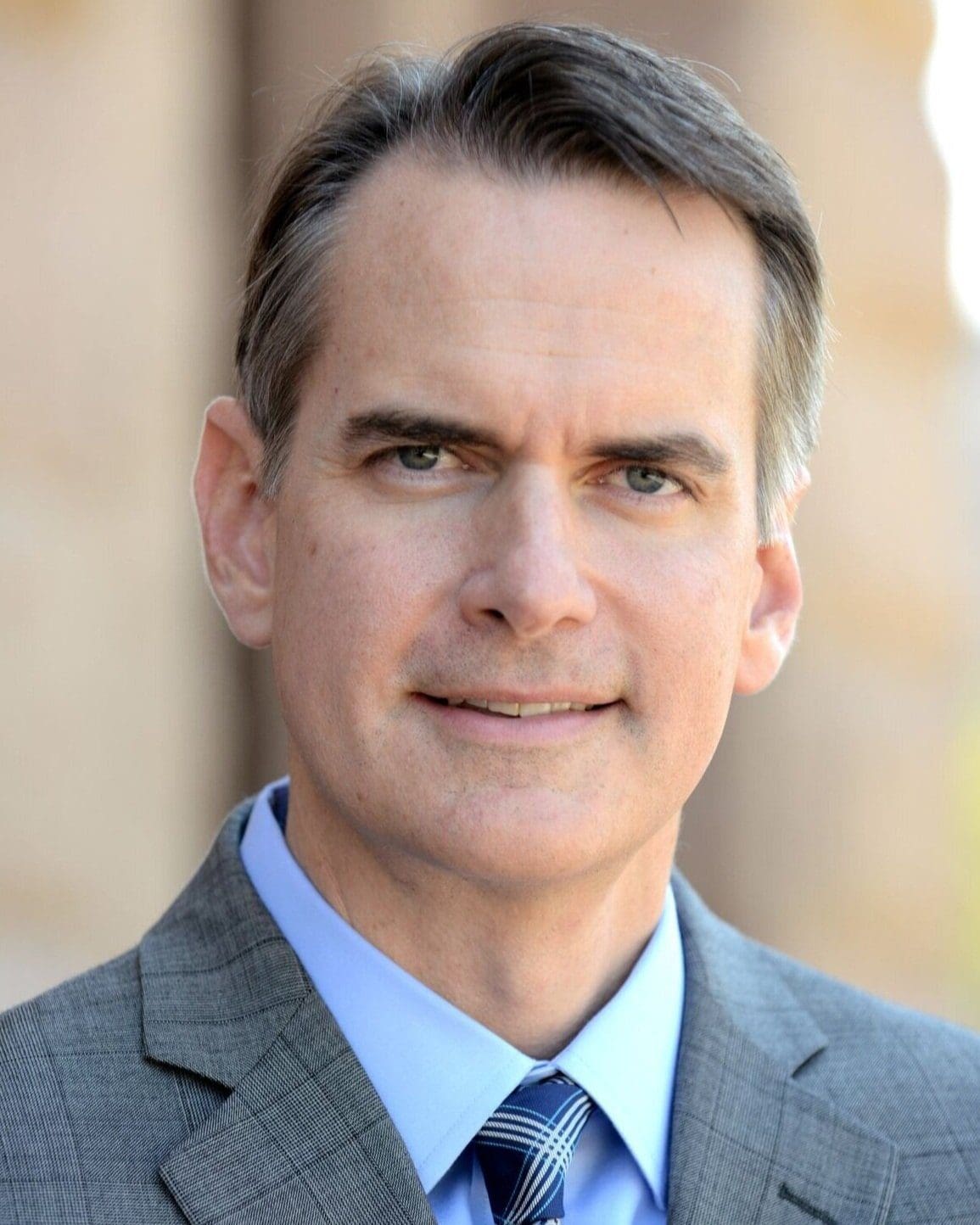Everything is bigger in Texas. With a population of 28 million people, Texas is home to six of the 40 largest cities in the country and many of the fastest growing metropolitan areas in the nation. From El Paso to Houston to San Antonio to Fort Worth, every Texas city is unique. Which is why local leaders are taking diverse approaches to adopting public health policies that work for their communities. All eyes were on the Lone Star State last week, as the Texas legislature kicked off its 86th session, and lots of new local leaders took seats at the table across the state. I want to share some of the top developments in Texas that we are watching here at CityHealth.
Local public health leadership is critical. Why? Because Texas communities face big challenges. The state does not perform well on a number of health measures, with some of the highest uninsured rates, obesity rates, and physical inactivity rates nationwide. Since the state is so large and diverse, local governments play an especially crucial role in creating solutions. As Texas cities continue to grow rapidly, building healthy localities where all residents can thrive becomes even more important.
CityHealth is here to help. As Texas Director, I support local leaders who want to adopt a pragmatic and achievable, yet aspirational, package of policies that align with their priorities and needs. Our nine evidence-based policies help residents lead healthier lives, make communities thrive, and should be among the tools that mayors, city councils, health directors, and city managers use in the pursuit of healthy communities.


In 2018, three of the six CityHealth cities in Texas earned an overall CityHealth medal. Austin and Houston earned bronze medals while San Antonio earned a silver medal. Austin and San Antonio have earned an overall medal since 2017, showing that Texas cities are on the move when it comes to adopting the CityHealth package. The remaining three cities—Dallas, Fort Worth, and El Paso—have not yet earned an overall CityHealth medal but are well positioned to do so in the future. As we enter 2019, we reflect back on some of the biggest accomplishments in Texas on CityHealth-aligned policies and take a look at what to expect in the next year.
To see which medal your city earned, click here.
New Developments in Texas Cities. San Antonio remains the first city in Texas to adopt a Tobacco 21 ordinance, meaning someone must be age 21 to purchase tobacco products in San Antonio. This new law went into effect in October 2018 and is providing significant momentum for adoption of a statewide Tobacco 21 law during the 2019 legislative session. (To learn more about the Tobacco 21 ordinance in San Antonio, check out our Policymaker Webinar with Dr. Colleen Bridger, the Health Director of the San Antonio Metropolitan Health District.)
In Dallas, residents approved a ballot measure in November to increase funding for schools, including Pre-Kindergarten programs. The funding will go to the Dallas Independent School District, which previously released data showing that students who attended pre-kindergarten programs outperformed their peers on third grade standardized tests. Dallas currently earns a bronze medal for its pre-kindergarten program; the program meets enrollment standards but only five of CityHealth’s 10 quality benchmarks identified by the National Institute for Early Education Research.
Over the past year, the city councils of Austin and San Antonio approved earned sick leave ordinances. These laws require employers to allow employees to take paid time off for illnesses or injuries for themselves or their family members. These measures have been controversial, resulting in legal challenges in both cities and the threat of preemption by the state legislature. CityHealth will continue tracking these developments as they occur.
Other Texas cities continue to promote public health-focused policies that are aligned with CityHealth. Fort Worth recently received certification as a Blue Zones Community—which was the culmination of a five-year initiative to improve the well-being of city residents—and additional honors for Mayor Betsy Price’s FitWorth initiative. El Paso’s Department of Public Health was recently awarded for its leadership in addressing chronic disease and promoting healthy lifestyles. The Houston Health Department was also recognized last year for efforts to help residents improve the health and well-being of their communities through advocacy.
What’s Next in Texas? Over the past year, CityHealth is proud to have worked with local leaders, community partners, and other key stakeholders—from MD Anderson to the American Heart Association to local chambers of commerce to elected officials. We were honored to cosponsor a Texas Tribune health care panel in El Paso that featured members of the El Paso delegation to the state legislature and thrilled to see CityHealth highlighted at the Healthier Texas Summit by Dr. Karen DeSalvo when discussing her vision for “public health 3.0.”
Over the next year, CityHealth will continue to build partnerships, support local leaders, and help advance evidence-based public health policies that Texas cities need. We’ll keep an eye on the state legislature and keep you posted on the progress being made as Texas’ largest cities move to adopt CityHealth policies that give residents an equal opportunity to live full and healthy lives.







